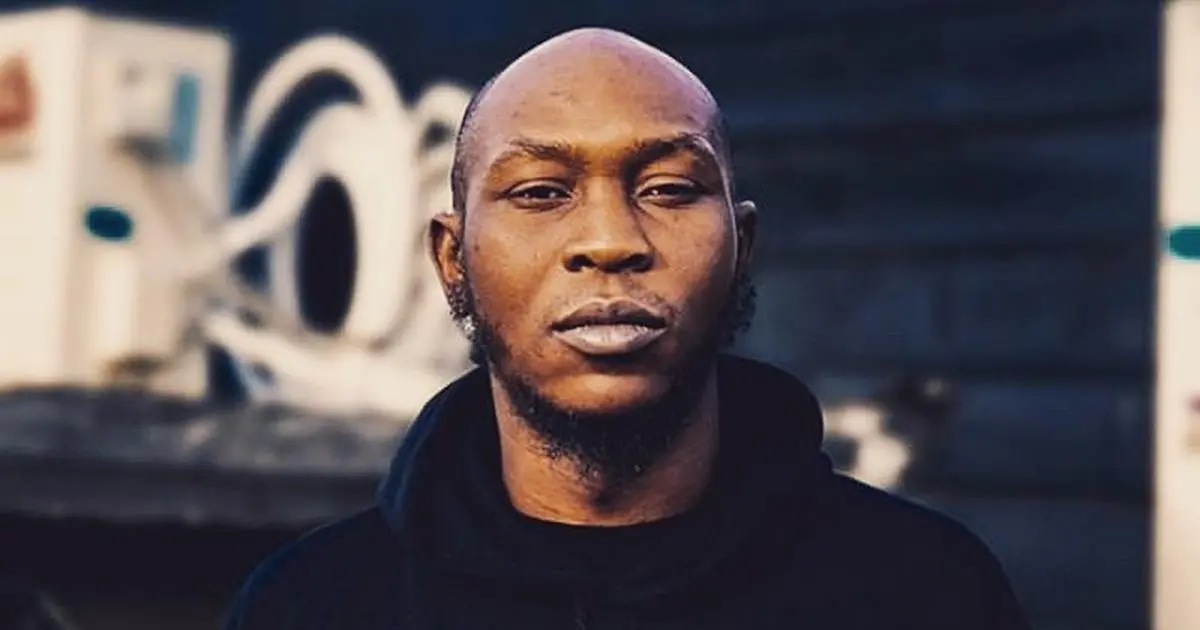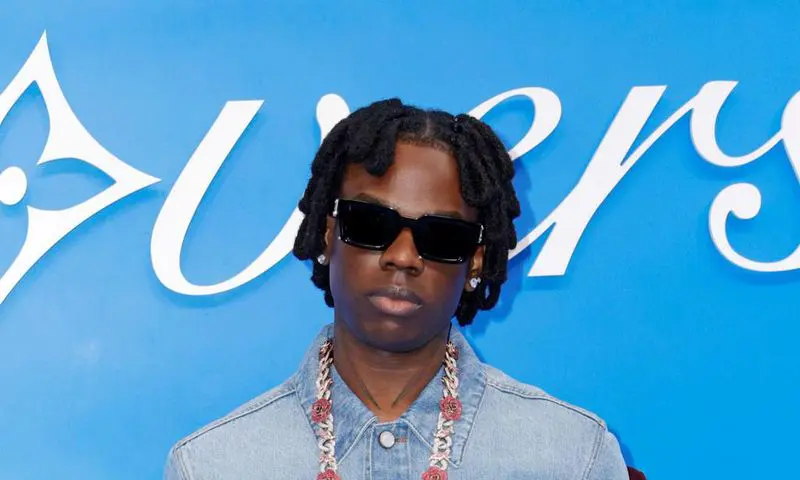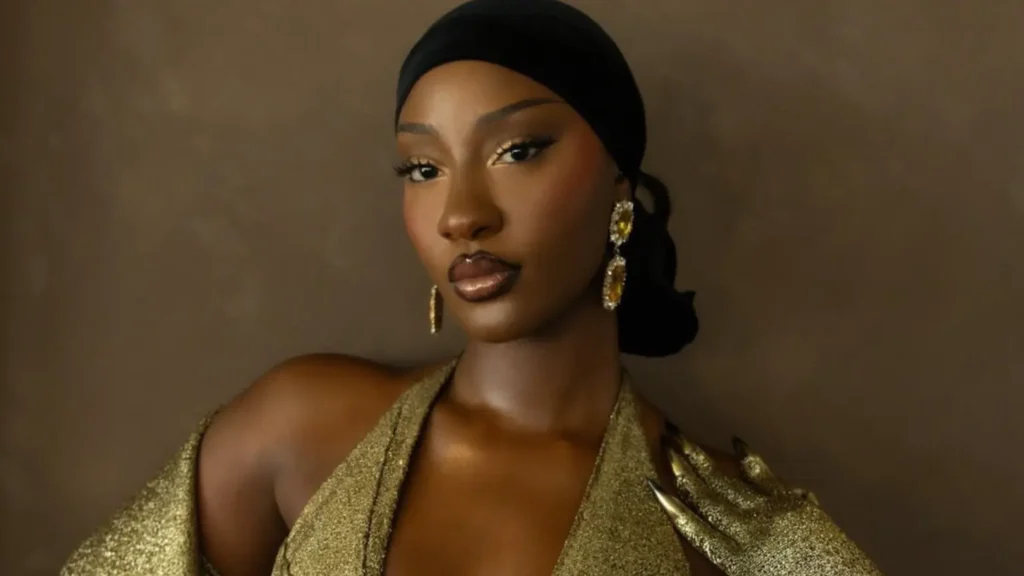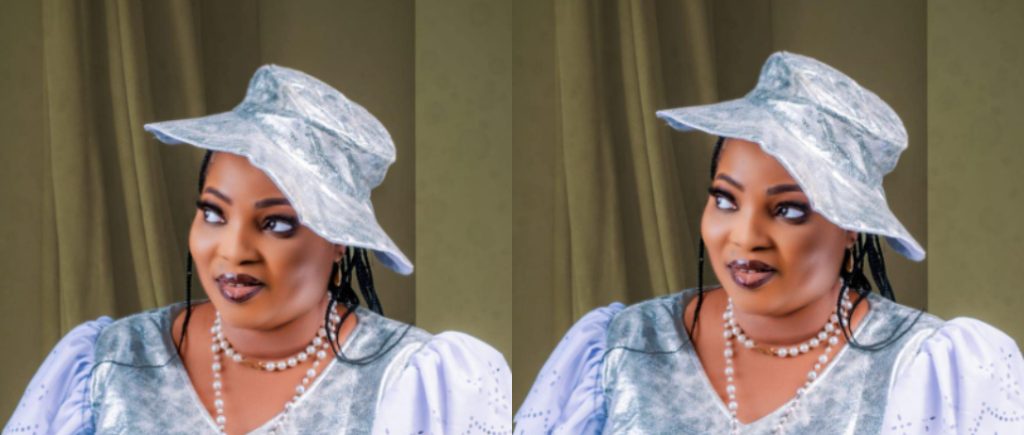Now Reading: Seun Kuti Declares Afrobeats ‘a Title, Not a Genre’
-
01
Seun Kuti Declares Afrobeats ‘a Title, Not a Genre’
Seun Kuti Declares Afrobeats ‘a Title, Not a Genre’

Grammy-nominated Afrobeat singer Seun Kuti has sparked debate in Nigeria’s music scene, insisting that Afrobeats should not be regarded as a genre but rather as a label used to categorise African sound.
Speaking in a recent interview with The Beat 99.9 FM Lagos, the son of the late Fela Anikulapo-Kuti argued that Afrobeats is often used as a catch-all tag for contemporary African music rather than a distinct genre with defined boundaries.
“I think Afrobeats is more of a title than a genre,” Kuti said. “You can see Amapiano is the new Afrobeats. It’s the new title, the new thing in Afrobeats. So, Afrobeats is just a generalisation; it’s just a title to identify something from a particular place — Africa.”
The outspoken musician, who has carved his own path in Afrobeat — the original movement pioneered by his father — accused Afrobeats gatekeepers of failing to treat it as a true genre.
“Even the big names don’t deal with it like a genre. They don’t work it like a genre,” he added. “Afrobeats artists are eclectic — they could do a dancehall track today, a blues track tomorrow, a Nigerian pop sound the next day, or jump on Amapiano. It’s all about trends.”
Seun Kuti’s comments come at a time when Afrobeats has gained global recognition, with Nigerian stars such as Burna Boy, Wizkid, and Davido performing on some of the world’s biggest stages. Yet, his remarks echo a growing conversation among African musicians questioning how the sound is defined and represented.
The debate over Afrobeats’ identity continues to divide opinion within the industry, with some hailing it as a cultural export while others, like Kuti, believe it dilutes the essence of Afrobeat and other African-rooted genres.




